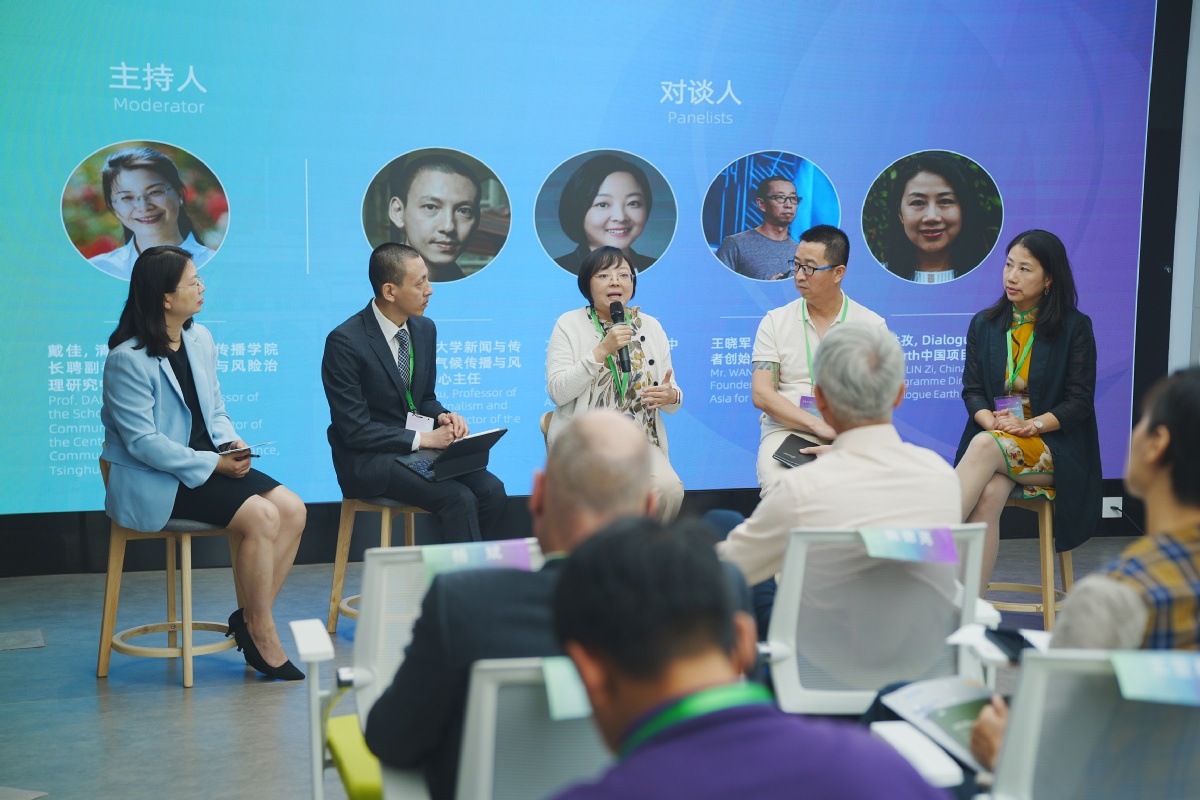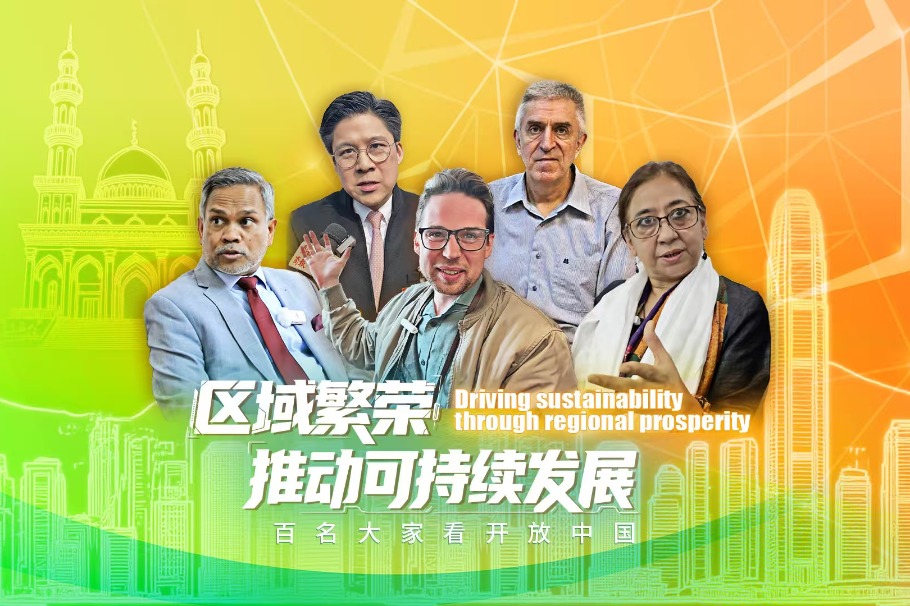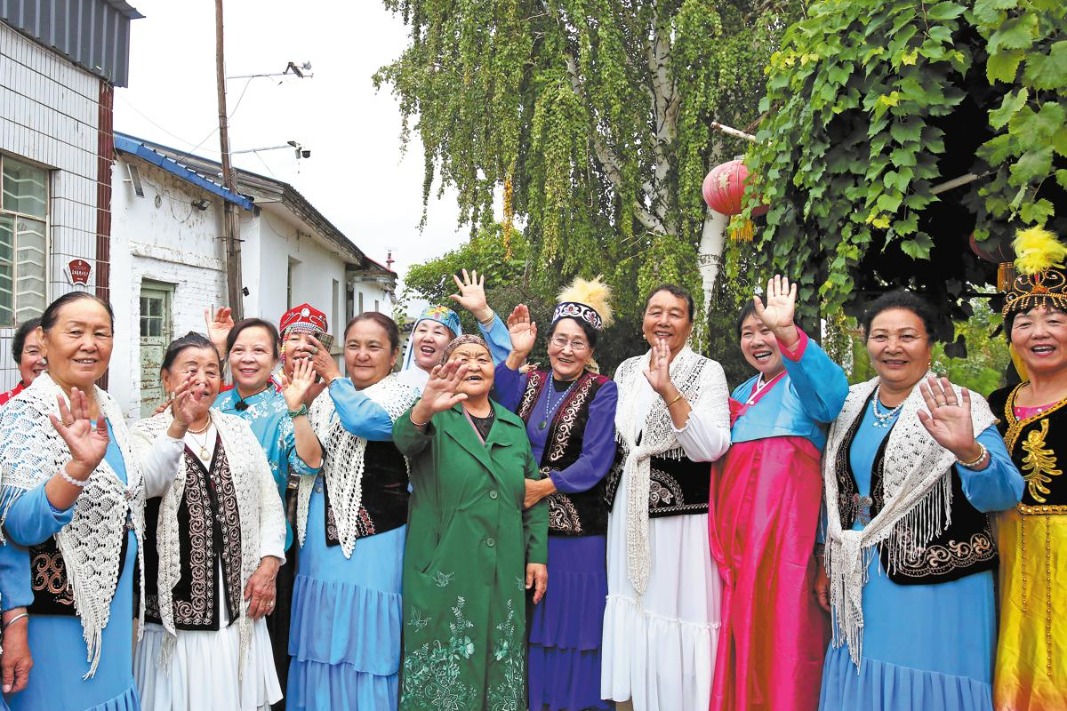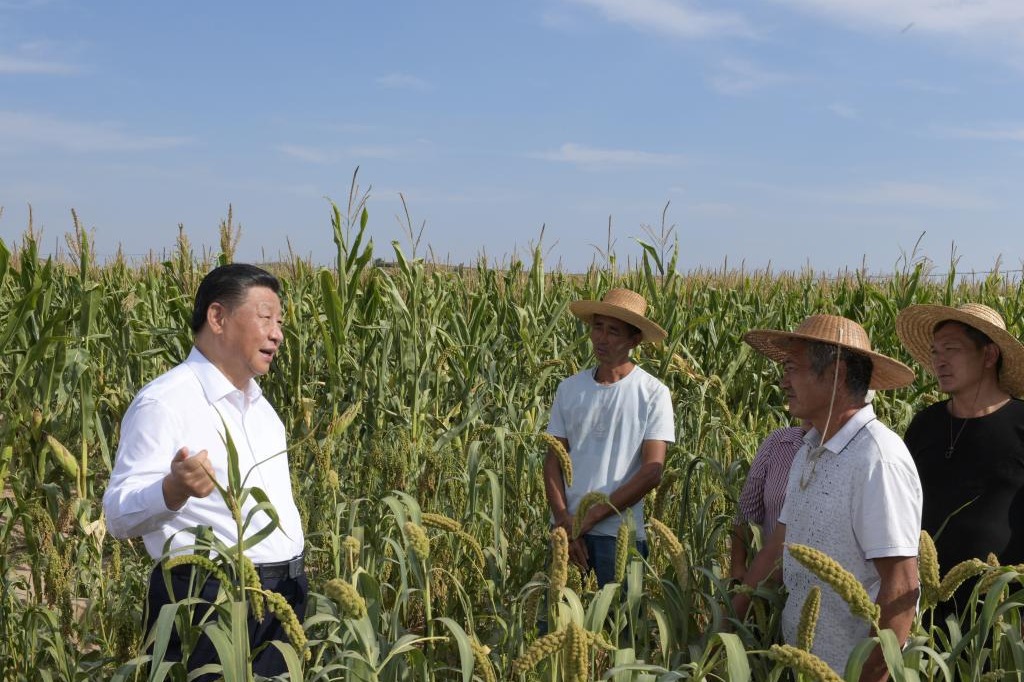Experts highlight the power of communication in shaping climate governance


The 2025 Tsinghua Global Climate Communication Forum was held on Sept 21 at Tsinghua University, with the theme on "How Communication Can Shape the Climate Future: Connect · Empower · Transform".
The event was co-hosted by Tsinghua University's School of Journalism and Communication and its Center for Climate Communication and Risk Governance, with support from the Energy Foundation China. Participants from international organizations, academia, media and industry engaged in in-depth exchanges on climate challenges, global governance and cultural narratives, exploring how communication can accelerate the implementation of China's dual carbon goals and achieve sustainable development.
Yang Bin, vice chairman of the Tsinghua University Council, reviewed the university's efforts in green technology and public communication. He stressed the need to leverage interdisciplinary collaboration to transform communication into tangible momentum for green transition, while closely monitoring evolving media ecosystems and enhancing the quality of knowledge dissemination.
Wang Zhigao, executive director of Cities and Regions at Energy Foundation China, stressed that effective communication can build consensus and inspire change.
Zhou Qing'an, dean of the School of Journalism and Communication at Tsinghua University, highlighted that tackling climate change is both a scientific and communicative challenge, underscoring the urgency of translating complex climate issues into relatable public stories.
Member of the Chinese Academy of Sciences and the Royal Swedish Academy of Sciences Chen Deliang, discussed the growing uncertainties and geopolitical tensions in today's world. He urged the scientific community to play a more active role in global climate governance through consensus-building, policy advising, risk assessment, and strengthened climate science communication.
Beate Trankmann, UNDP Resident Representative in China, called for more ambitious nationally determined contributions, more inclusive climate financing, and praised China's leadership in clean energy deployment and regional cooperation.
Song Yingjie, director of the Key Open Laboratory of the Twenty-Four Solar Terms at the China Meteorological Administration, presented how traditional Chinese wisdom, embodied in the 24 Solar Terms, can be reinterpreted for modern climate communication.
Chinese and international participants explored how storytelling — through audience insights, case-based communication, and multi-stakeholder engagement — can translate narratives into concrete actions.
Two parallel sessions highlighted examples including green documentaries, youth climate leadership programs, and local low-carbon transition initiatives. Speakers stressed the value of finding compelling stories, leveraging them effectively, and building systemic narratives to strengthen climate communication.
"Communication is no longer just a way to talk about climate change; it is climate action itself," said Zeng Fanxu, director of the Center for Climate Communication and Risk Governance at Tsinghua University. The center plans to continue its research and capacity-building initiatives, collaborating with partners to strengthen climate communication efforts both within China and internationally.
Chen Mingjing contributed to the story.


































